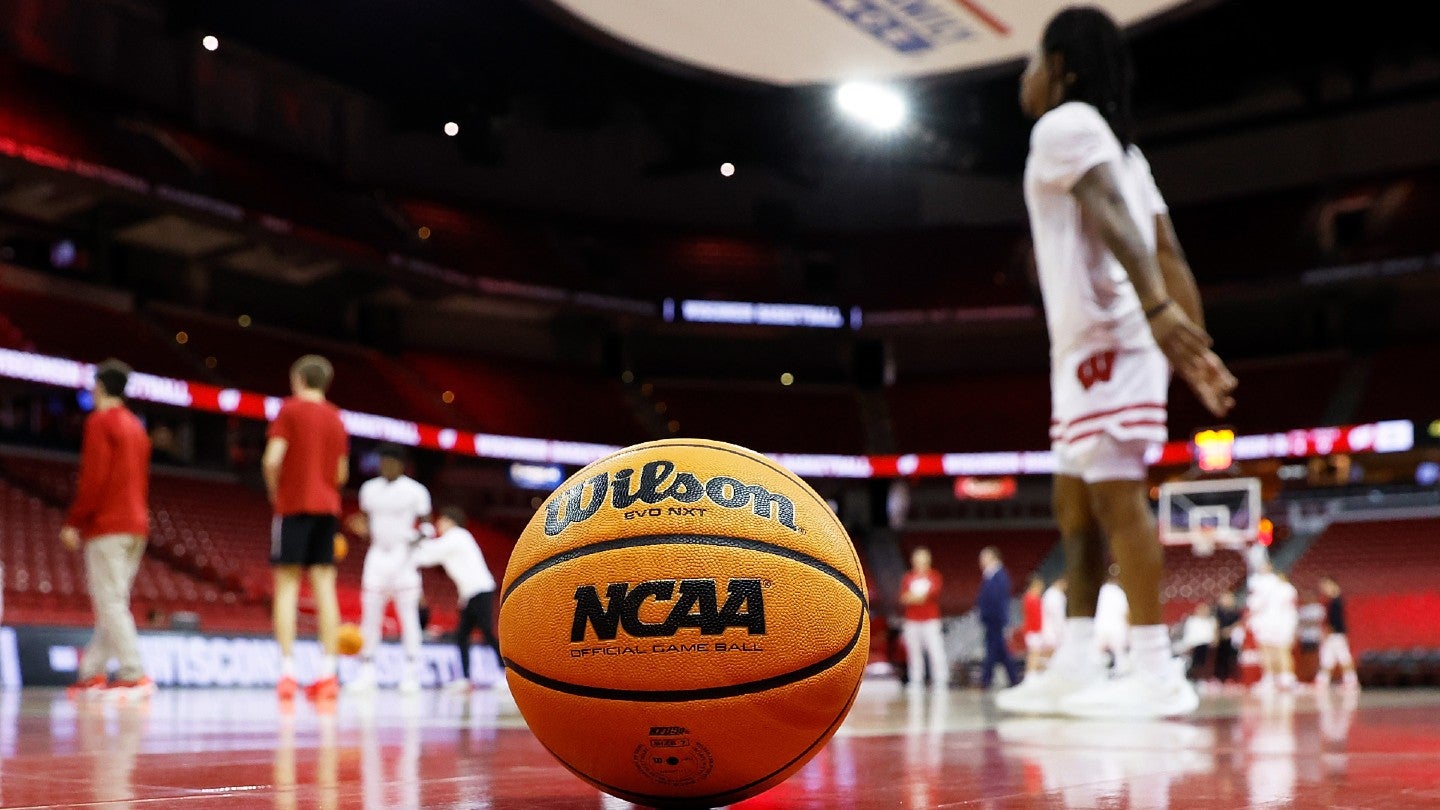
A federal judge in the US has temporarily blocked the National Collegiate Athletic Association (NCAA), the governing body of college athletics in the US, from punishing any athletes or boosters from negotiating name, image, and likeness (NIL) deals during their recruiting process.
The preliminary injunction comes after the states of Tennessee and Virginia filed an antitrust lawsuit against the NCAA’s rules prohibiting student-athletes from signing NIL contracts that are designed as inducements to get them to attend a particular school in January.
A recent example saw Florida State University receive sanctions from the NCAA after a member of staff connected a prospect with the school’s booster collective (financial backers), which made a specific offer to the player, who was considering transferring from his current school to Florida State.
Explaining his decision, US District Judge Clifton Corker said: “The NCAA’s prohibition likely violates federal antitrust law and harms student-athletes.
“Without the give and take of a free market, student-athletes simply have no knowledge of their true NIL value. It is this suppression of negotiating leverage and the consequential lack of knowledge that harms student-athletes.”
Current NCAA rules allow enrolled athletes to sign NIL deals with boosters and collectives that pool funds for athlete contracts, while prospective athletes are unable to sign deals due to it being considered recruitment tampering.
How well do you really know your competitors?
Access the most comprehensive Company Profiles on the market, powered by GlobalData. Save hours of research. Gain competitive edge.

Thank you!
Your download email will arrive shortly
Not ready to buy yet? Download a free sample
We are confident about the unique quality of our Company Profiles. However, we want you to make the most beneficial decision for your business, so we offer a free sample that you can download by submitting the below form
By GlobalDataThe decision leaves student-athletes free to directly negotiate their compensation and sign NIL contracts before enrolling at a school and opens the door for them to be compensated in other ways going forward.
In a statement, the NCAA said of the ruling: “Turning upside down rules overwhelmingly supported by member schools will aggravate an already chaotic collegiate environment, further diminishing protections for student-athletes from exploitation.
“The NCAA fully supports student-athletes making money from their name, image and likeness and is making changes to deliver more benefits to student-athletes, but an endless patchwork of state laws and court opinions make clear partnering with Congress is necessary to provide stability for the future of all college athletes.”
Corker said the NCAA’s lawyers failed to make a compelling argument for why using NIL contracts as recruiting inducements would undermine the academic side of college sports.
He said: “While the NCAA permits student-athletes to profit from their NIL, it fails to show how the timing of when a student-athlete enters such an agreement would destroy the goal of preserving amateurism.”
The NCAA has been looking to relax its restrictions on how student-athletes can make money, with president Charlie Baker proposing changes to NIL and the creation of new financial tools to help pay college athletes.
Besides NIL deals, NCAA athletes do not receive any revenue, despite the organization securing billion-dollar media rights deals, including with international sports broadcaster ESPN, which agreed to an eight-year $902 million deal for 40 NCAA championships.
The Big Ten Conference has a $7.5 billion, seven-year contract with national networks CBS, Fox, and NBC, while the Southeastern Conference secured more than $300 million per year from ESPN for its deal covering American football.
The Big 12, meanwhile, has a six-year media rights deal in place worth $2.28 billion with ESPN and Fox.
The lawsuit is one of several antitrust suits the NCAA has faced, including one filed in December by seven states that is challenging an NCAA rule that bars athletes from playing immediately after transferring between universities a number of times.







